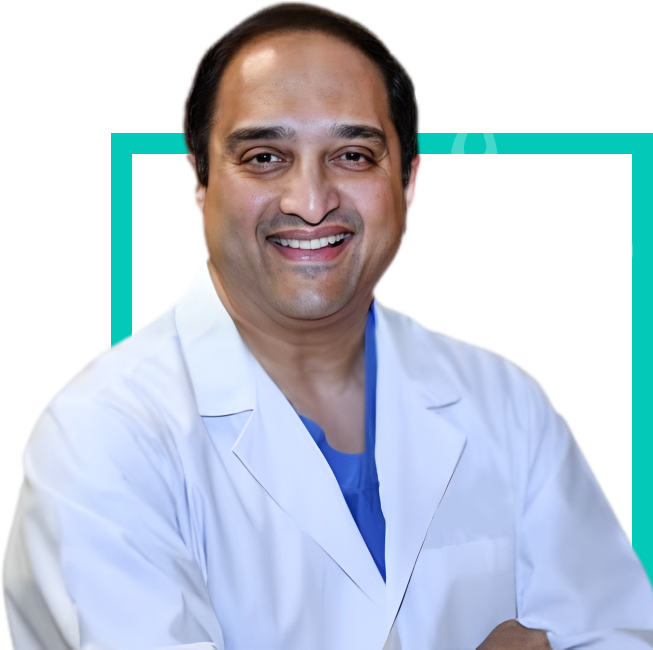Do you find yourself struggling to breathe on a regular basis? Are you experiencing persistent shortness of breath even at rest? If so, you might be one of the millions of individuals around the world who suffer from chronic respiratory failure.
Chronic respiratory failure is a condition characterized by the inability of the respiratory system to adequately oxygenate the blood and eliminate carbon dioxide. It occurs when the lungs fail to function properly, compromising the exchange of gasses required to sustain normal bodily functions. This disorder can arise from a variety of underlying conditions, including chronic obstructive pulmonary disease (COPD), neuromuscular diseases, interstitial lung diseases, and chest wall abnormalities.
The causes of chronic respiratory failure are diverse, but they often involve a progressive loss of lung function or impairment in the respiratory muscles’ ability to perform effectively. Factors such as long-term exposure to harmful airborne particles, smoking, genetic predisposition, and certain occupational hazards contribute to the development of this condition. Additionally, chronic respiratory failure may result from the weakened muscles responsible for breathing, as seen in neuromuscular disorders like muscular dystrophy or amyotrophic lateral sclerosis (ALS).

Recognizing the signs and symptoms of chronic respiratory failure is crucial for early intervention and management. Common indicators include persistent shortness of breath, chronic cough, fatigue, bluish discoloration of the lips or fingertips (cyanosis), and a reduced ability to engage in physical activities. If you experience any of these symptoms, it is imperative to seek medical attention promptly.
Accurate diagnosis is essential for devising an effective treatment plan. A pulmonologist will perform a thorough evaluation, which may involve a physical examination, pulmonary function tests, blood gas analysis, chest X-rays, and other imaging techniques. These diagnostic tools aid in determining the underlying cause and severity of the respiratory failure, guiding the subsequent course of treatment.
Treating chronic respiratory failure requires a multifaceted approach tailored to the individual patient’s needs. The primary objective is to optimize lung function and enhance the patient’s quality of life. Therapeutic interventions may include lifestyle modifications, such as smoking cessation and weight management, along with pharmacological interventions to alleviate symptoms and improve lung function. In more severe cases, supplemental oxygen therapy or mechanical ventilation might be necessary to support adequate breathing.
At Prana Pulmonary Clinic, we understand the challenges associated with chronic respiratory failure, and we are here to help. Our team, led by Dr. Vijoydeep Rao, M.D., a renowned pulmonologist, works collaboratively with community and hospital-based healthcare professionals to provide comprehensive care for individuals with chronic respiratory failure. With a patient-centered approach, we strive to deliver personalized treatment plans that address the unique needs of each individual, focusing on symptom management, pulmonary rehabilitation, and education to enhance self-care.
If you are struggling with chronic respiratory failure, we encourage you to take the first step toward better respiratory health. Contact Prana Pulmonary Clinic today to schedule an appointment and discover how our experienced team can guide you towards a better quality of life!










